Cult 1960s boutique Granny Takes A Trip gets a sustainable reboot
Founded on King’s Road in 1966, ‘radically creative’ fashion store Granny Takes A Trip is being reimagined for a new generation. Dal Chodha takes a closer look
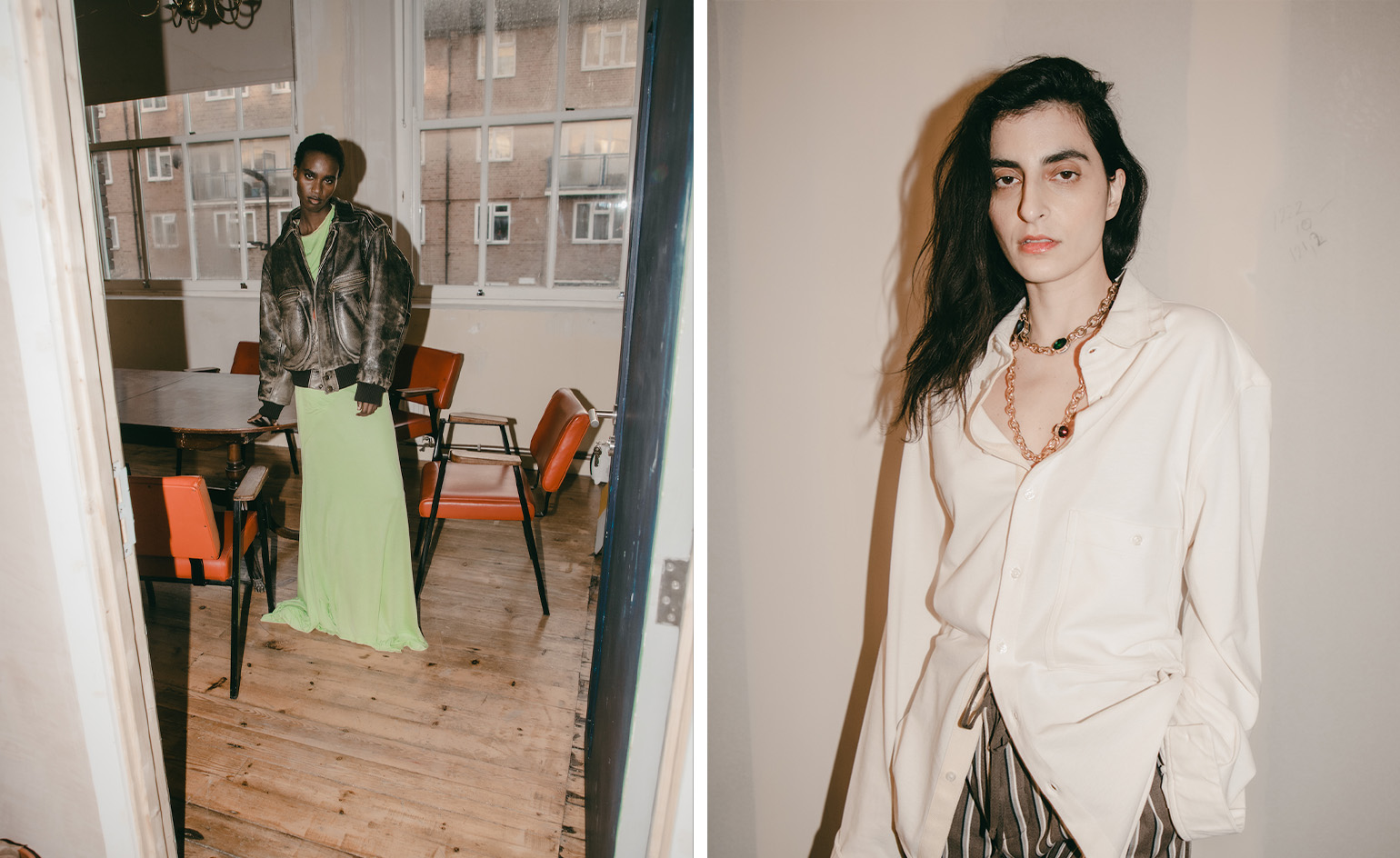
Buy less! Buy better! Repair! Rent! Repent. Fashion bellows all sorts of contradictions in response to the world’s ever-changing problems. Much has been mooted about the rejuvenating principles of a circular economy, yet the challenge for fashion – something fuelled by whimsy, quick changes in mood – is understanding how clothes being made today can be repurposed for the future.
Is the notion of a sustainable fashion brand an oxymoron? Marlot te Kiefte, CEO of the rebooted 1960s fashion boutique Granny Takes A Trip comments: ‘Everyone claims to care about sustainability but not everyone is willing to take the next step and say, “OK. Fine. I'm going to change how I work.”’
What goes around comes around: Granny Takes A Trip returns
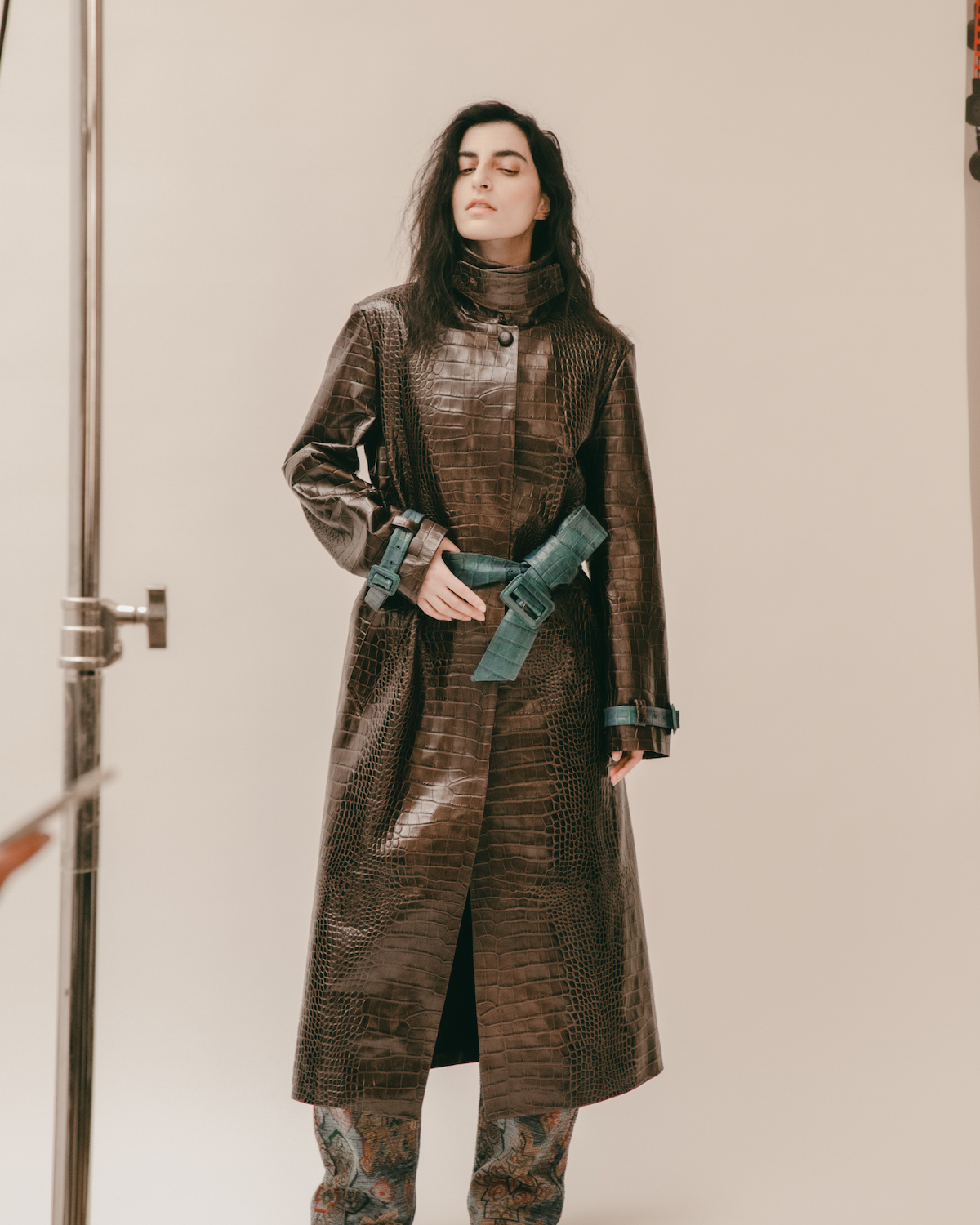
She is, however. In the summer of 2022, te Kiefte – who has worked with Wales Bonner, Haider Ackermann and Vetements – was approached to update the legacy of the cult psychedelic boutique. ‘The first thing I thought was, yeah, great a relaunch, but does the world need another fashion brand?’ She wondered what would happen if there was no more new material – regulation is changing, and the industry has blithely seized upon organic cotton as an answer to the climate crisis. ‘I started my career with product development and merchandising, so I know the process of making a garment. I know it starts with a vision, a more creative idea, but increasingly it’s like, oh shit, we need to do something with sustainability! Can we just replace this button with an organic one? Everyone is stuck in this linear way of doing things.’ Te Kiefte set about redesigning the process.
Until now, common responses to climate change and over-consumption have been to use more recycled polyester or establish costly clothing rental platforms. However, once polyester has been made into fabric, its lifespan is cut even shorter. And the focus of the burgeoning rental market has been on a narrow demographic of women who might want to borrow an embroidered dress for a wedding.
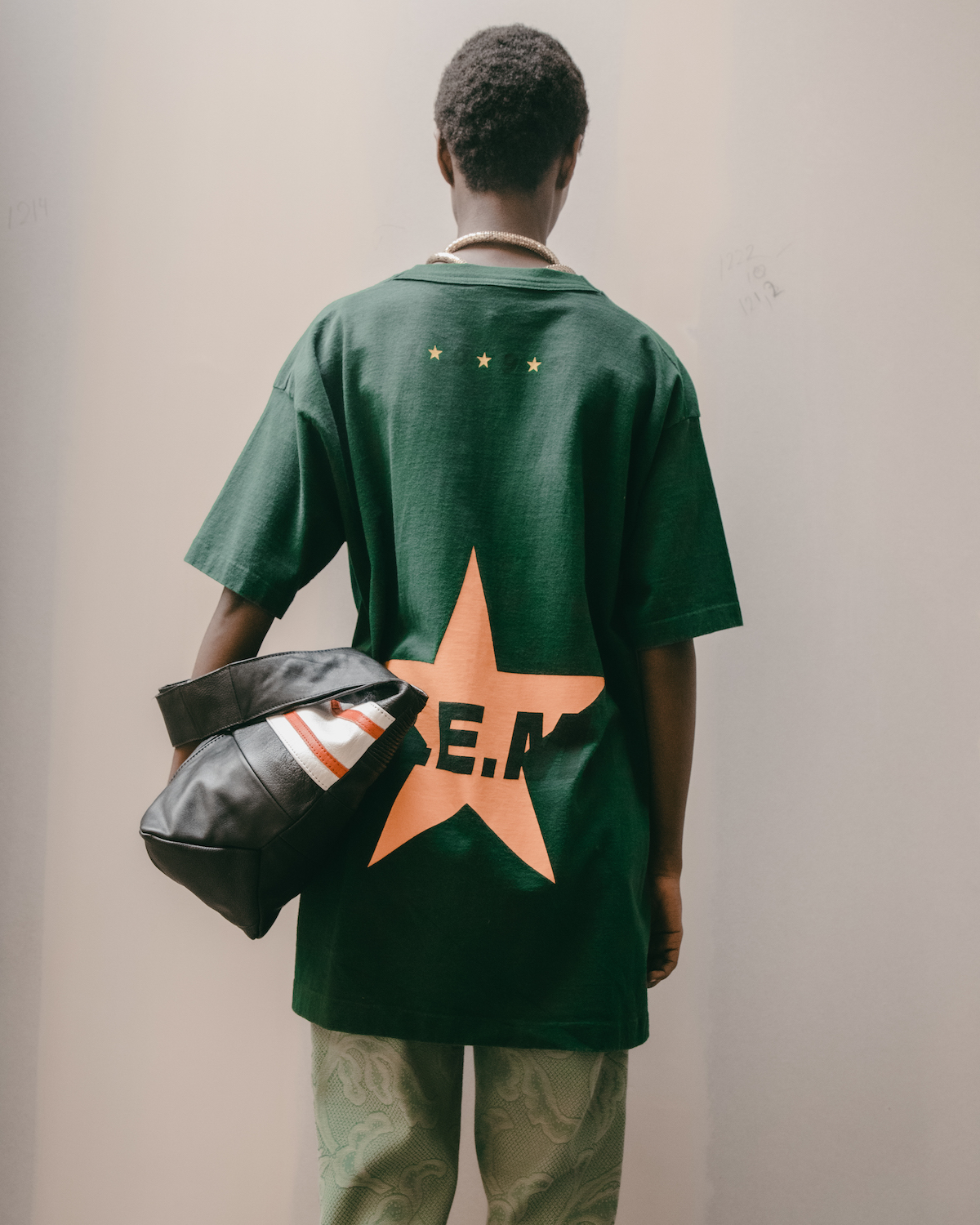
Granny 2.0 has therefore launched itself around three circular loops. First, the label offers garments made from existing vintage and deadstock fabrics and recycled mono fibres. One-off artisanal pieces are key. A second pillar is a range of limited-edition garments made using old furnishing fabrics, or piles of long-forgotten music industry merch that can be rented. A bomber jacket and contrasting trouser set is made from patterned chenille originally destined for sofas. Hybrid tops are created from slashed deadstock band T-shirts overlaid with vintage lace. The third is the commercial side, which te Kiefte describes as ‘clothing you can wear close to your body, something you will probably own for five to ten years, which you can then give back to us’. Granny is divided into things you want to own forever and things you want to own for a bit. ‘It’s about using and having access to a shared archive,’ she says.
The original Granny, founded by Nigel Waymouth, Sheila Cohen and John Pearse, opened on London’s Kings Road in 1966, the same year the city was hailed as ‘swinging’ by Time magazine. Today there’s a sense of collectivism that mirrors the youth movement of the period. People are asking questions about greenwashing; there is political and social unrest; a sense of going back onto the streets again.
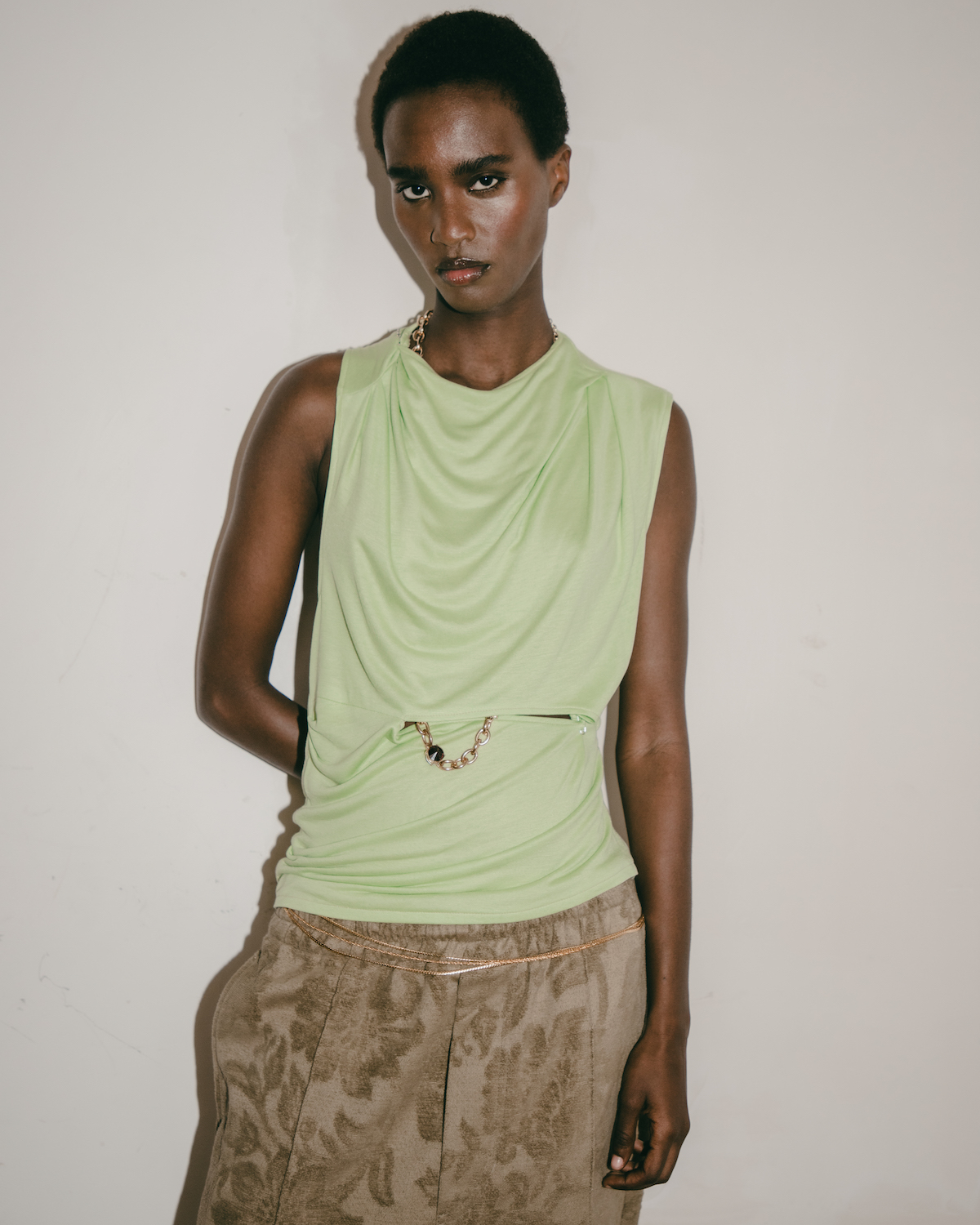
’Nobody can do it by themselves. Everyone needs to design a piece of the puzzle…’ te Kiefte says. ‘There’s space to be idealistic but with a pragmatism. Granny was started by three people with very different disciplines: a graphic designer, a vintage collector and a Savile Row tailor. A group of people with different brain structures each asking questions. I think that’s the right way of doing things for right now.’
Wallpaper* Newsletter
Receive our daily digest of inspiration, escapism and design stories from around the world direct to your inbox.
London based writer Dal Chodha is editor-in-chief of Archivist Addendum — a publishing project that explores the gap between fashion editorial and academe. He writes for various international titles and journals on fashion, art and culture and is a contributing editor at Wallpaper*. Chodha has been working in academic institutions for more than a decade and is Stage 1 Leader of the BA Fashion Communication and Promotion course at Central Saint Martins. In 2020 he published his first book SHOW NOTES, an original hybrid of journalism, poetry and provocation.
-
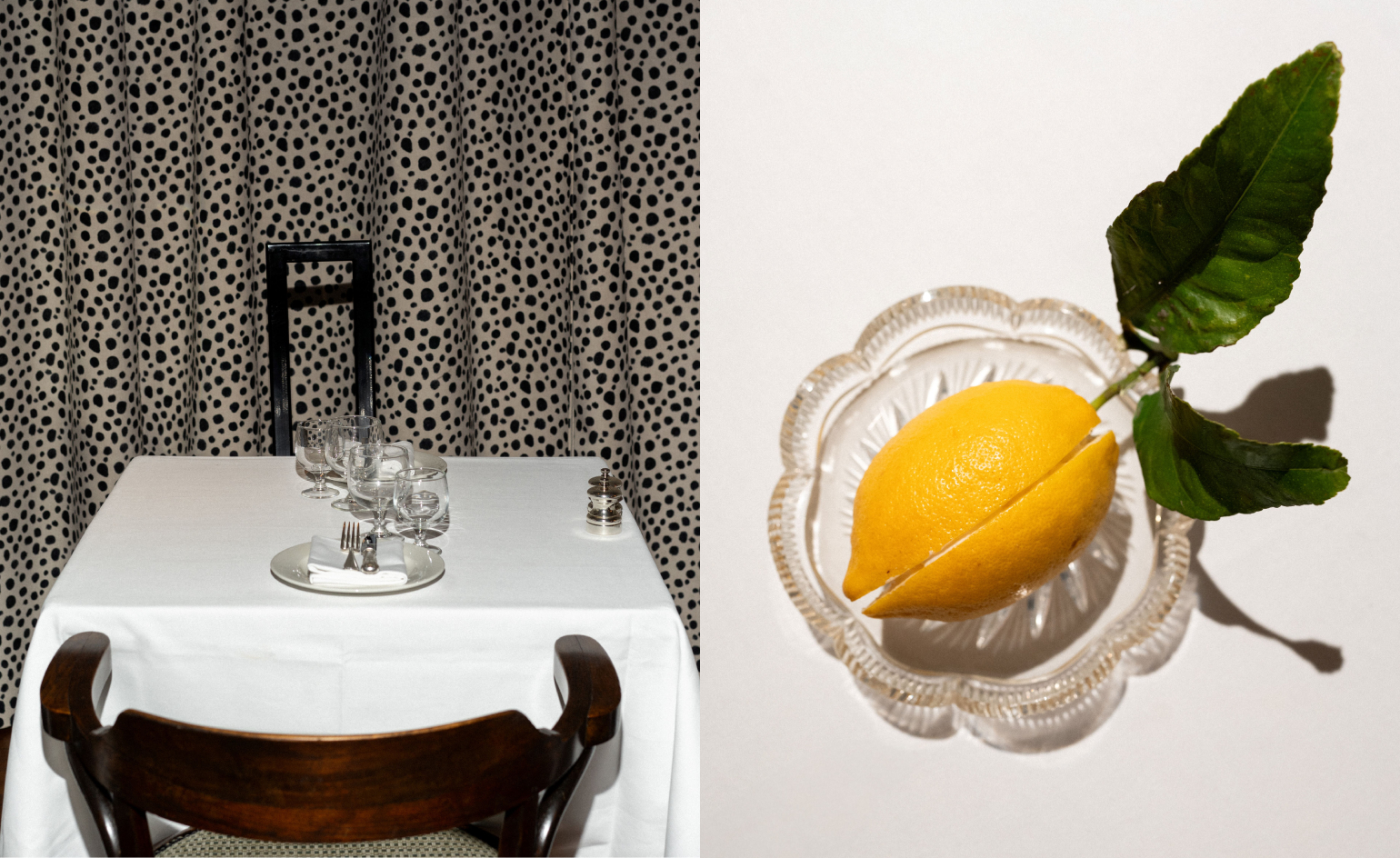 Marylebone restaurant Nina turns up the volume on Italian dining
Marylebone restaurant Nina turns up the volume on Italian diningAt Nina, don’t expect a view of the Amalfi Coast. Do expect pasta, leopard print and industrial chic
By Sofia de la Cruz
-
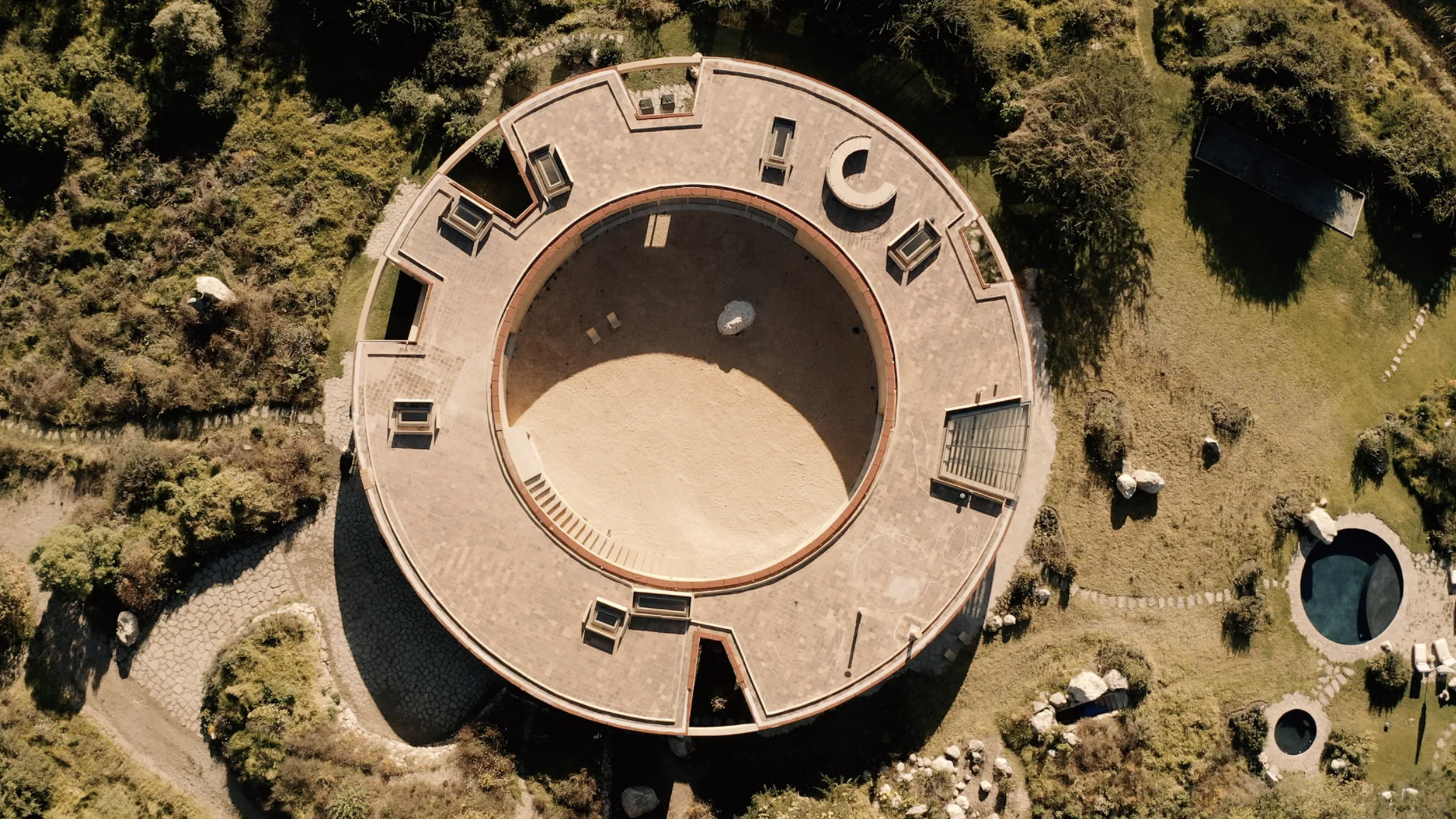 Tour the wonderful homes of ‘Casa Mexicana’, an ode to residential architecture in Mexico
Tour the wonderful homes of ‘Casa Mexicana’, an ode to residential architecture in Mexico‘Casa Mexicana’ is a new book celebrating the country’s residential architecture, highlighting its influence across the world
By Ellie Stathaki
-
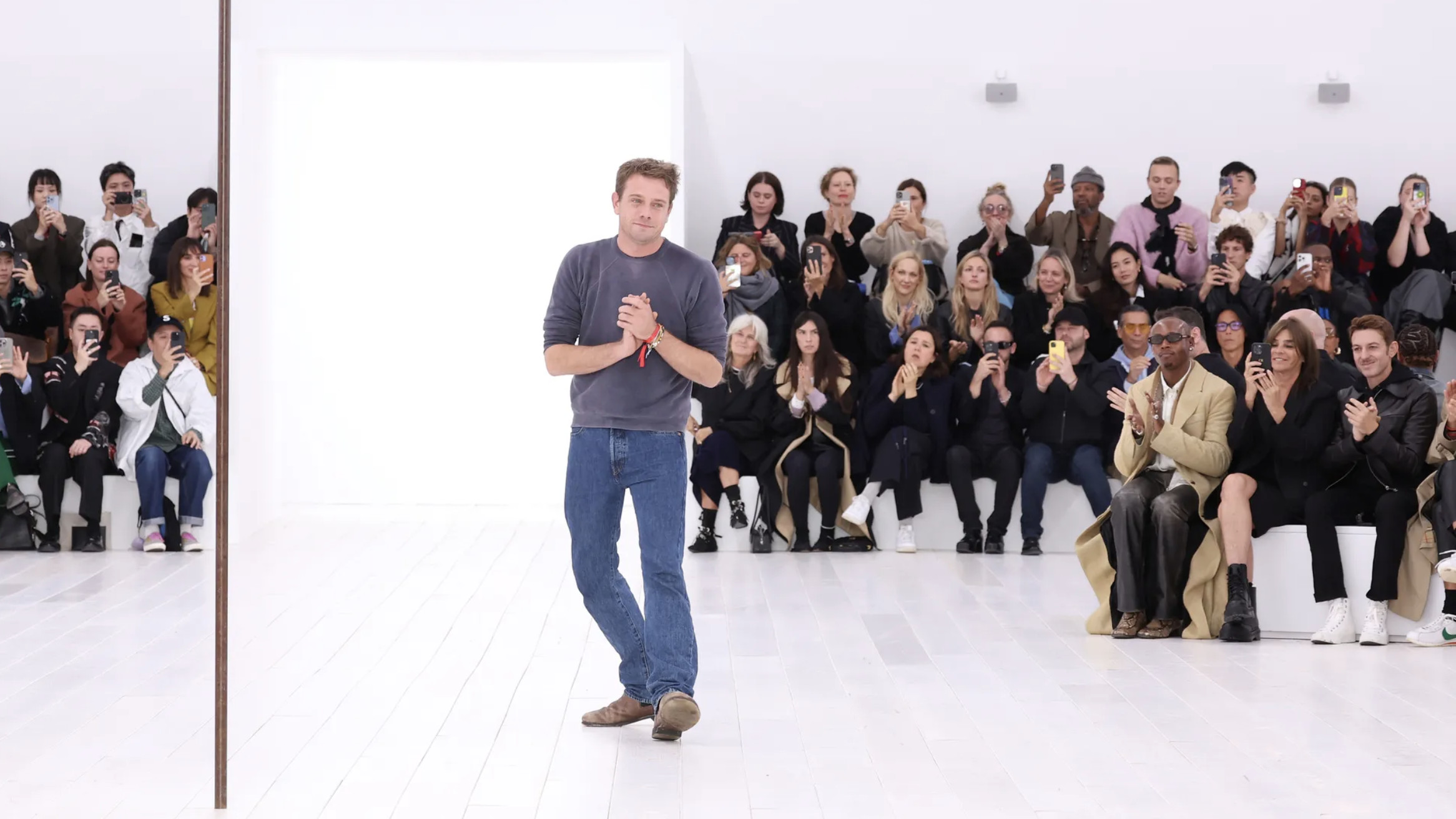 Jonathan Anderson is heading to Dior Men
Jonathan Anderson is heading to Dior MenAfter months of speculation, it has been confirmed this morning that Jonathan Anderson, who left Loewe earlier this year, is the successor to Kim Jones at Dior Men
By Jack Moss
-
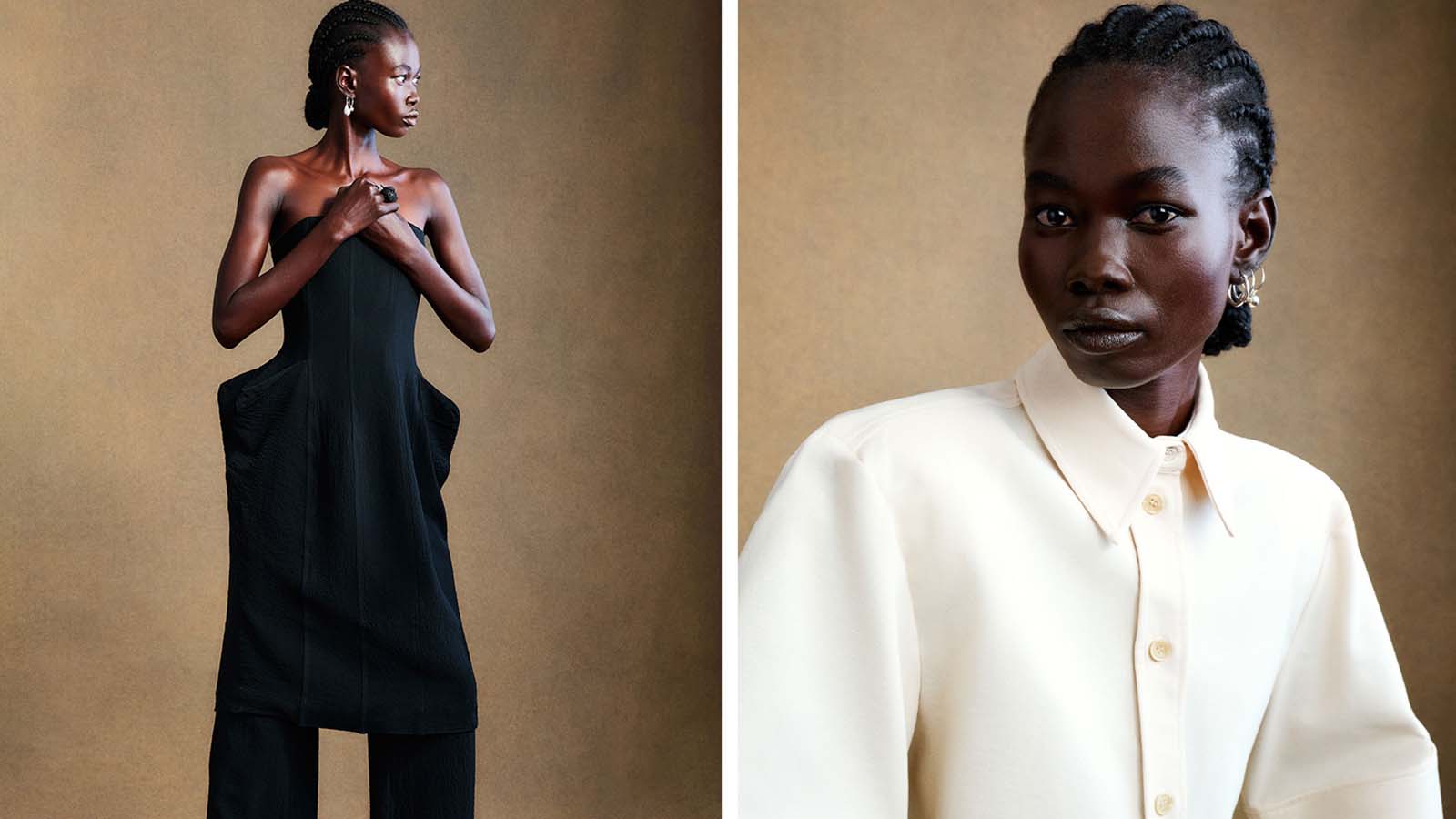 BITE Studios: ‘We want to have a brand which makes an impact’
BITE Studios: ‘We want to have a brand which makes an impact’BITE Studios is marrying sustainable textiles – from seaweed fabric to pea silk – with designs by a team including alumni of Proenza Schouler and Acne Studios
By Tilly Macalister-Smith
-
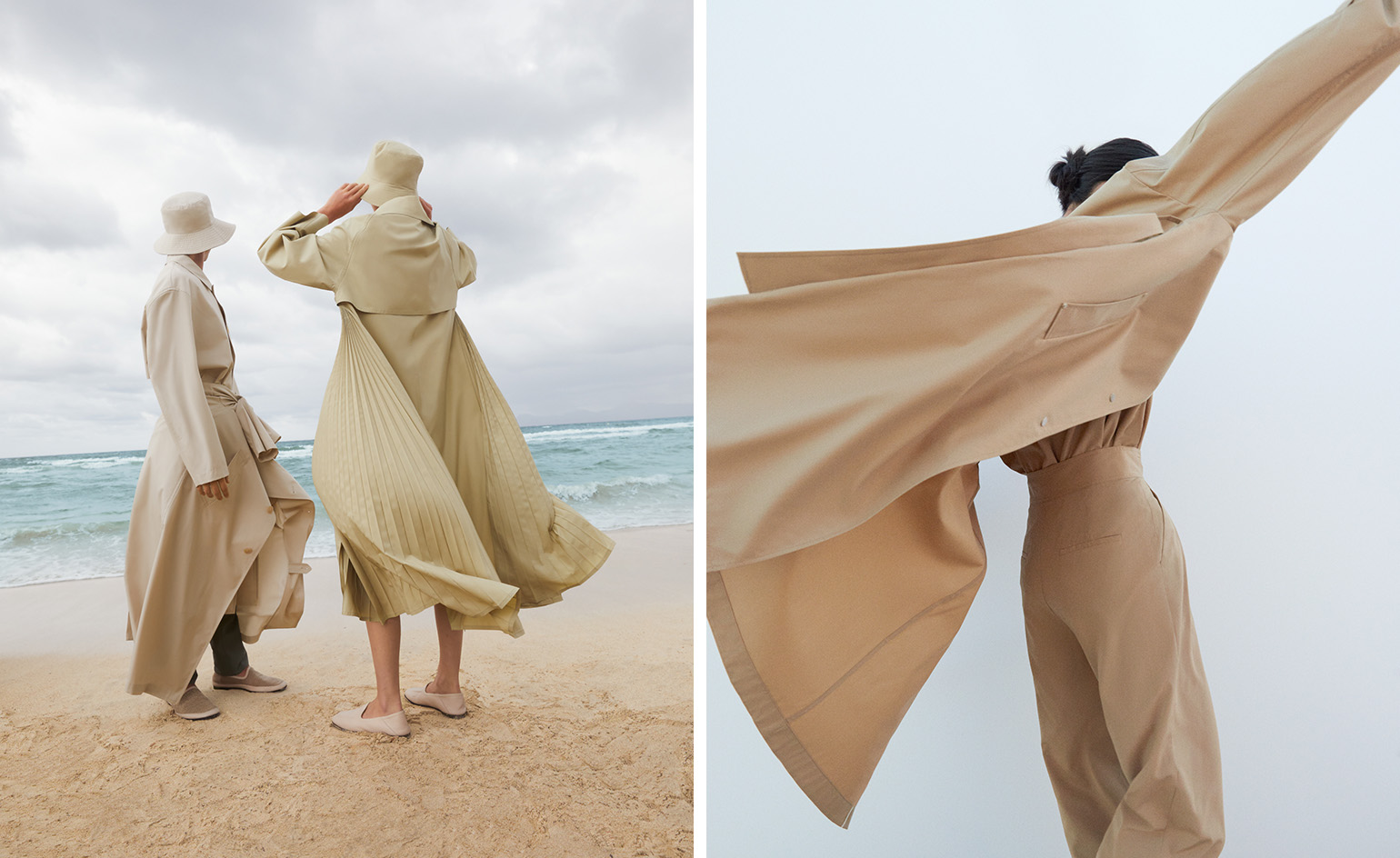 Icicle, the cross-continental label championing sustainability for 25 years
Icicle, the cross-continental label championing sustainability for 25 yearsOn the arrival of a new collection, ‘Hemp Up’, womenswear artistic director Bénédicte Laloux tells Wallpaper* the story behind minimally minded fashion label Icicle
By Jack Moss
-
 Louis Vuitton announces decade long project to rewild London's Chelsea
Louis Vuitton announces decade long project to rewild London's ChelseaCentral London’s first ‘Heritage Forest' on Pont Street in Chelsea, will be the result of a rewilding partnership between Louis Vuitton, Cadogan and SUGi
By Laura Hawkins
-
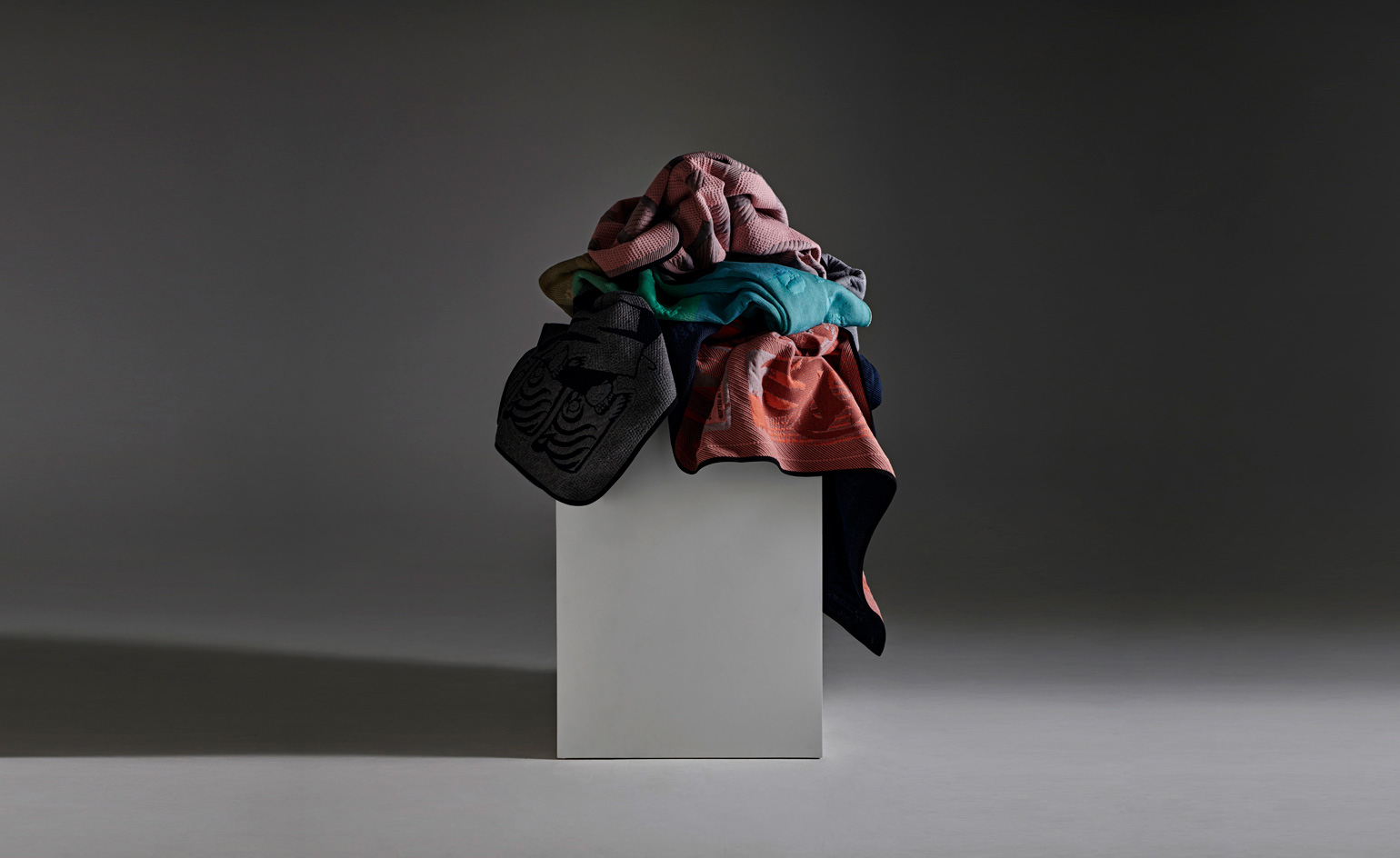 Textile innovator Byborre empowers creators to cut waste
Textile innovator Byborre empowers creators to cut waste‘We developed a new process that allows creators to innovate,’ says Borre Akkersdijk, co-founder of Dutch textile innovation studio and clothing label Byborre
By Yoko Choy
-
 Water inspires Holzweiler’s Snøhetta-designed Oslo flagship
Water inspires Holzweiler’s Snøhetta-designed Oslo flagshipHolzweiler Platz, the new retail destination of fashion brand Holzweiler in Oslo, is designed by architects Snøhetta as a naturalistic space that unites fashion, art and food
By Laura Hawkins
-
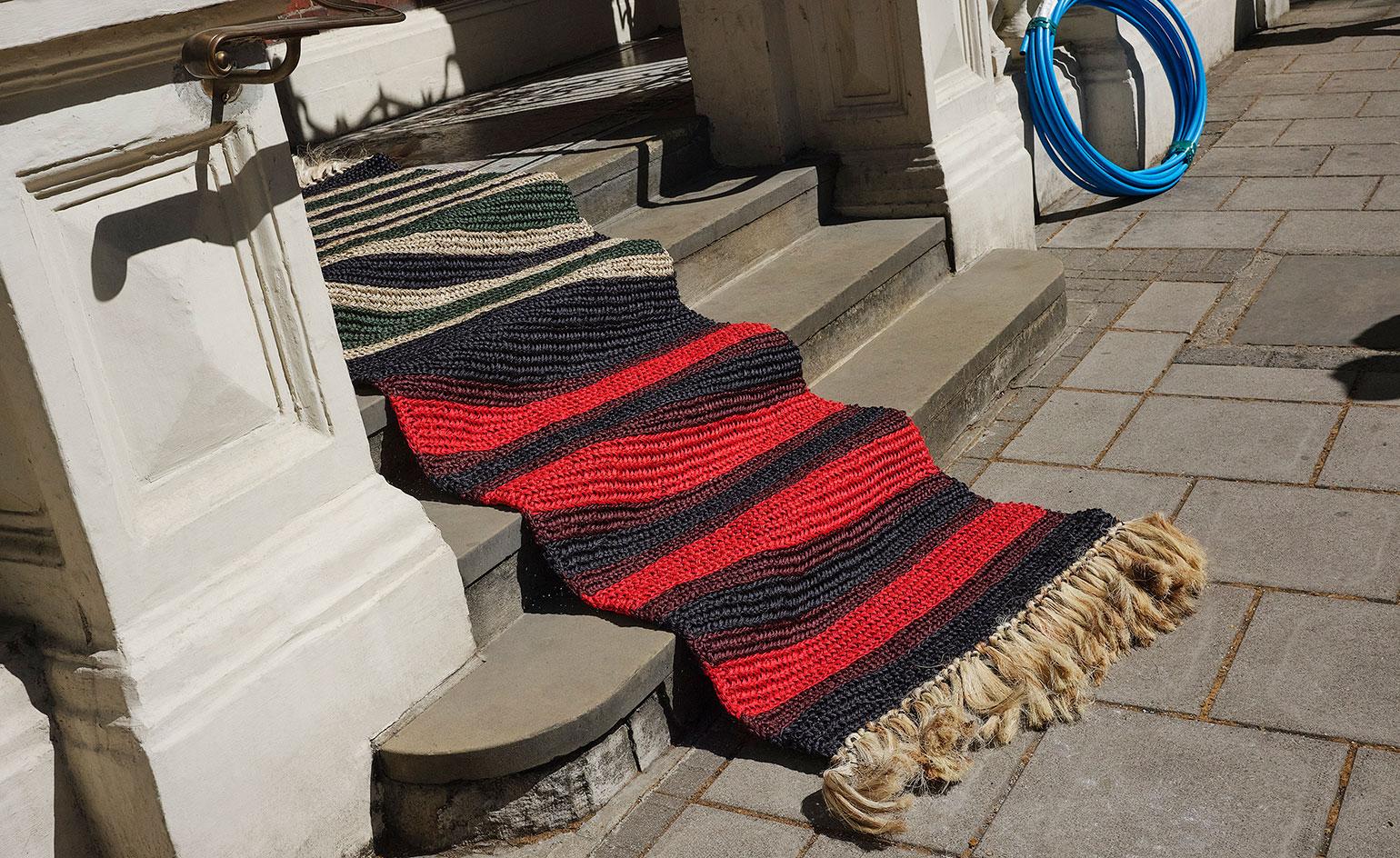 Marni Market arrives at Matchesfashion in Mayfair
Marni Market arrives at Matchesfashion in MayfairMatchesfashion is offering first access to its new Marni Market to Wallpaper* readers
By Laura Hawkins
-
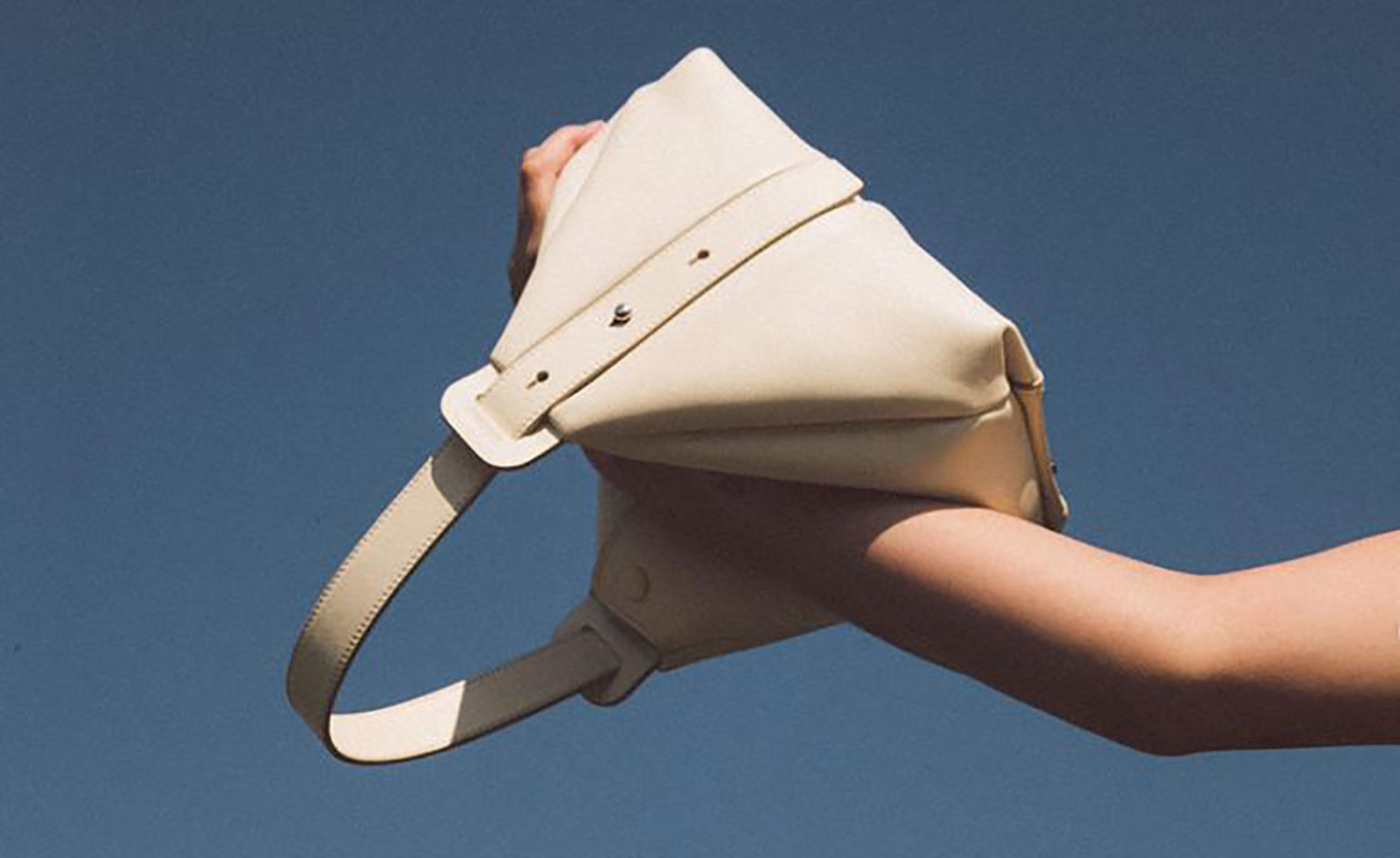 Advene’s debut bag is forever
Advene’s debut bag is forever‘We want our debut bag to stand the test of wear, weather, and time’
By Laura Hawkins
-
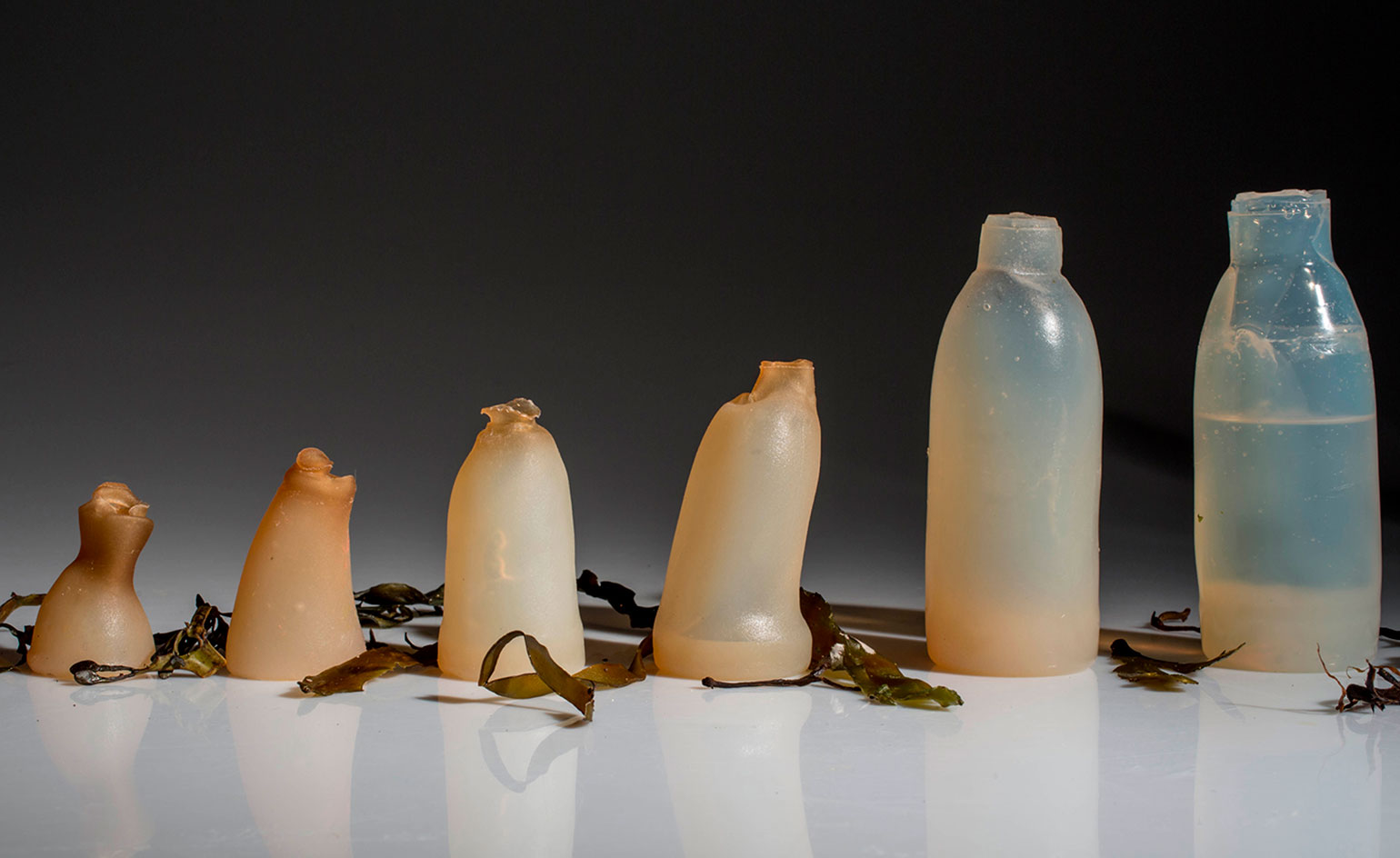 Are biomaterials the future of beauty packaging?
Are biomaterials the future of beauty packaging?Explore the most innovative materials for sustainable beauty packaging, from magic mushrooms to dissolvable delights
By Mary Cleary